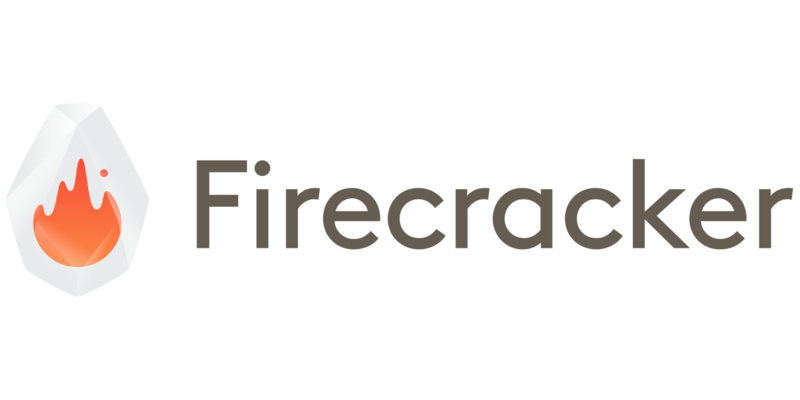Who Is This Course For?
Explore the intended audience for this Rust programming course and understand why Rust is increasingly popular. Learn its history, main features, typical applications, and the skills you will gain to build practical programs.
First things first, thank you for choosing this course! We hope that your learning experience with us will be both rewarding and beneficial.
Rust: A History #
- A Mozilla employee, Graydon Hoare, started working on a language as a personal project.
- Later, Mozilla sponsored the project in 2009 and announced it in 2010.
- The first stable release was on May 15, 2015.
What Is Rust? #
Rust is a system programming language that is safe and concurrent.
It is inspired by many languages:
-
System Programming Languages : (C, C++)
In terms of syntax and performance.
-
Functional Programming Languages : (Haskell, Erlang, Meta Language)
In terms of syntax only.
As the demand for skilled professionals in computing skyrockets, mastering a language like Rust will set you up for success in a highly competitive field.
According to the US Bureau of Labor Statistics (BLS), jobs in computing are projected to grow by 23% between 2022 and 2032, marking it as one of the fastest-growing sectors.
Rust’s focus on performance, memory safety, and concurrency makes it an increasingly popular choice for software development, providing you with a valuable skill set in this expanding industry.
Intended Audience and Pre-Requisites
This course is intended for people who have no prior knowledge or experience with the Rust programming language. By the end, you’ll be able to make simple and intermediate applications using what you’ve learned throughout this course.
Rust is fit for:
- building powerful web applications
- embedded systems programming
- building distributed online services
- cross-platform command line support
What Is Rust Used For?
Rust is fit for:
- building powerful web applications
- embedded systems programming
- building distributed online services
- cross-platform command line support
Who Is Using Rust?
-
Rust is used in production and building apps by many companies.
The famous among these are:
- DropBox
-
Atlassian

-
Amazon’s Firecracker

- DropBox
What to Expect?
In addition to the detailed explanation of the topic, we have quizzes and coding challenges to help you assess your grasp of the subject matter. AI will also be integrated into some of the widgets to assist you further and improve your learning experience.
Following is a brief overview of what topics you should anticipate learning in this course:
In this course, you will learn:
-
Getting to Know Rust
- History of Rust
- What is Rust?
- Why Learn Rust?
- Rust Statistics
- Where to use Rust?
-
Basic Concepts
- Variables and Datatypes
- Operators
- Conditional Statements
- Loops
- Functions
- Strings
- Vectors
- Structs
What makes Rust different? Let's learn this in the next lesson.